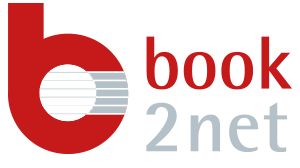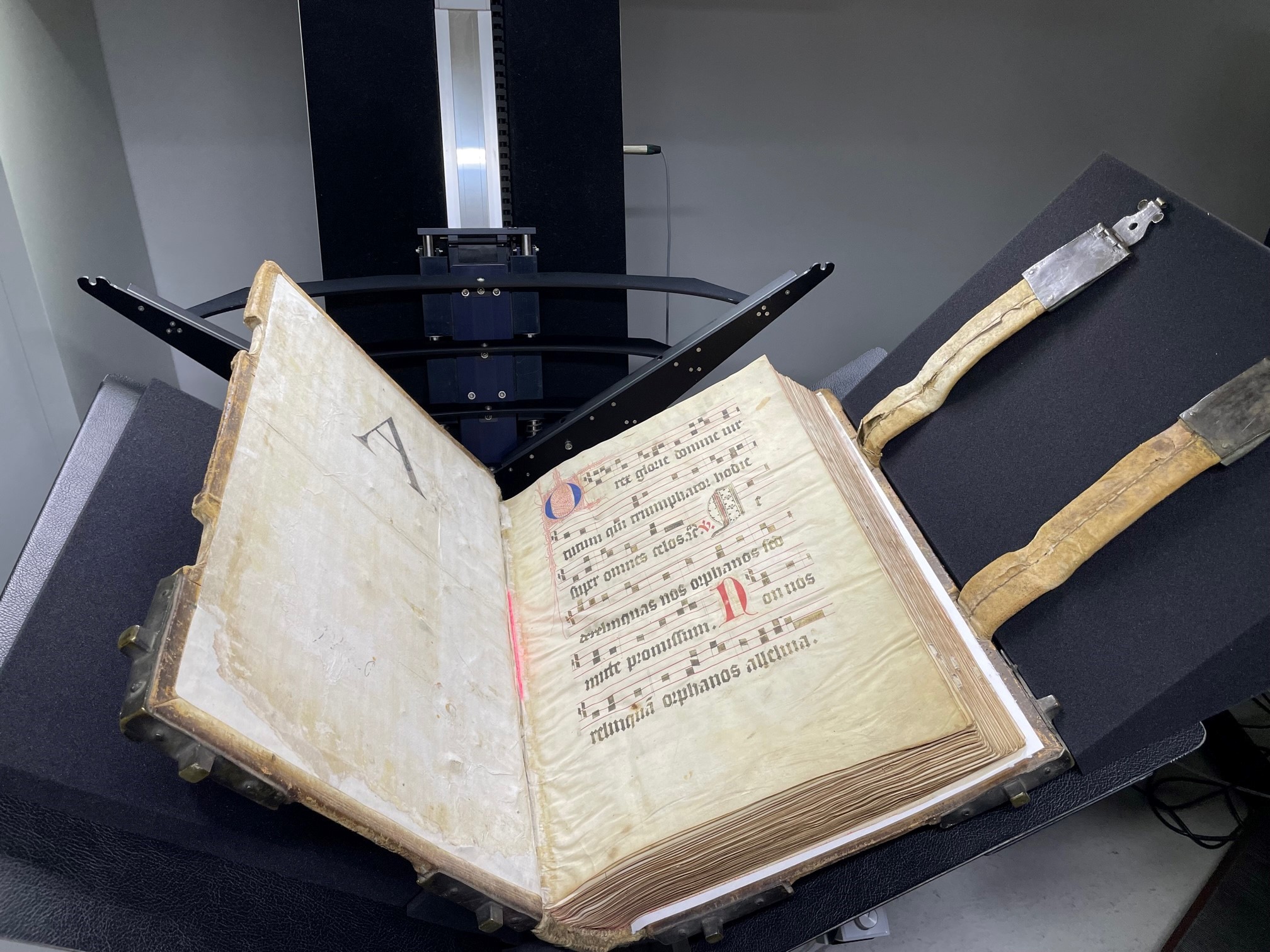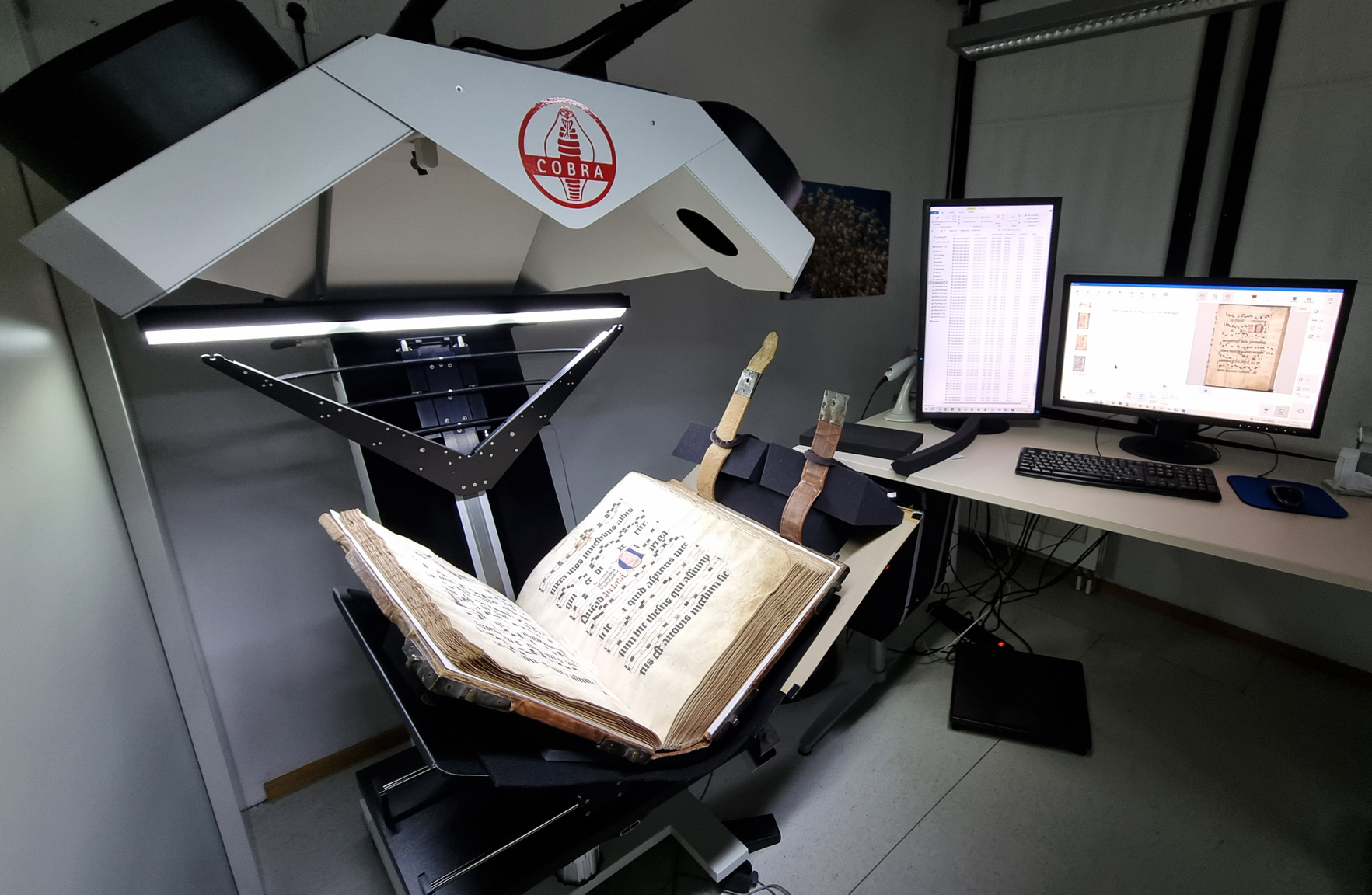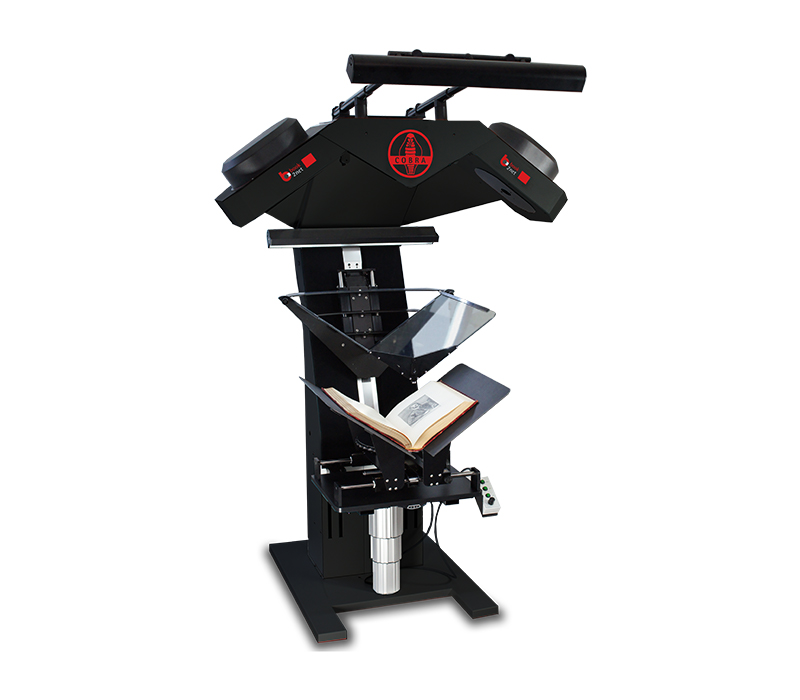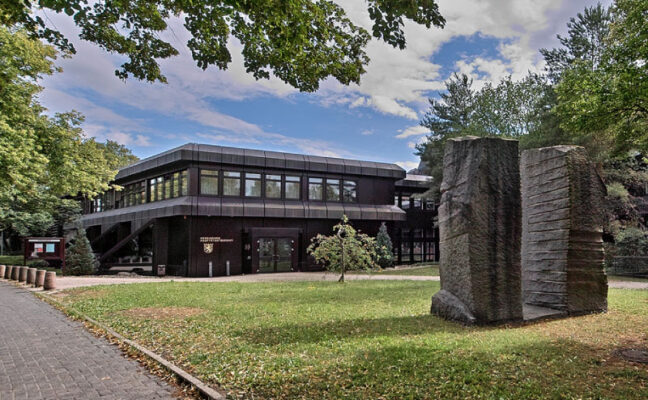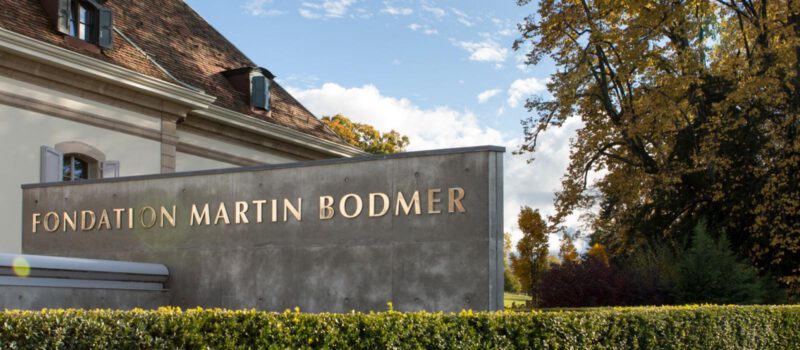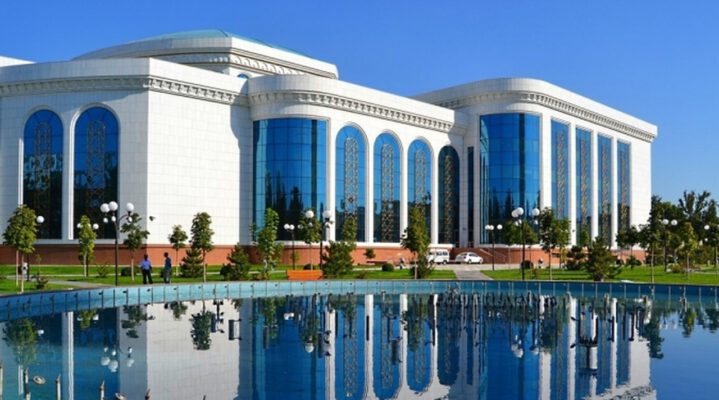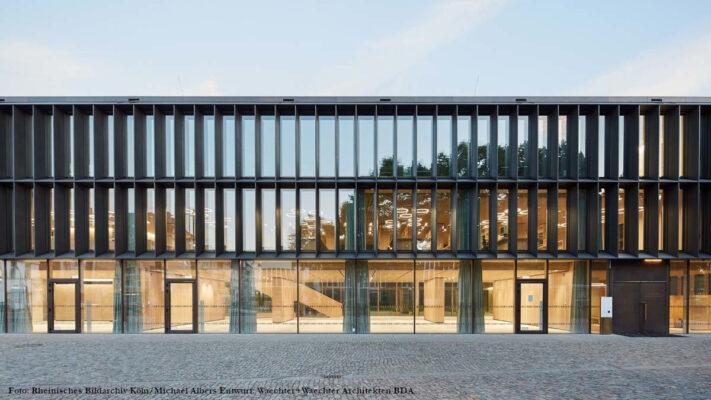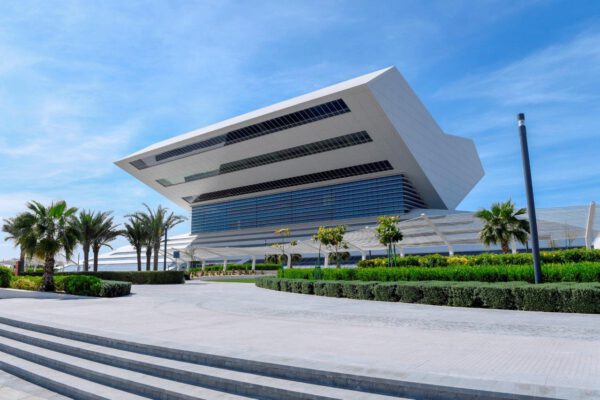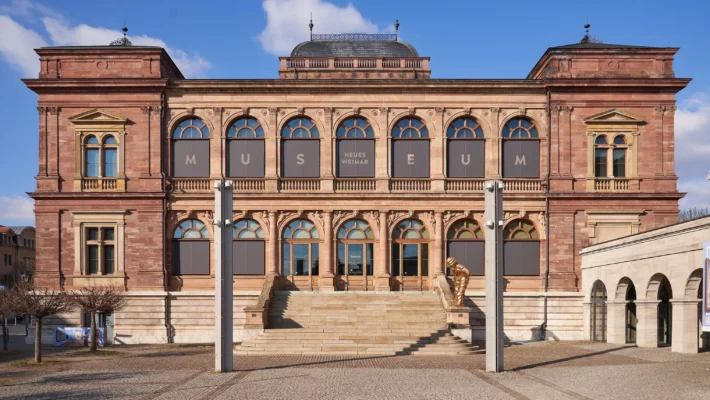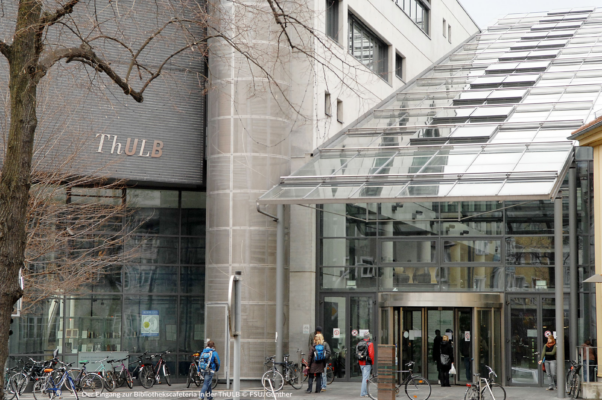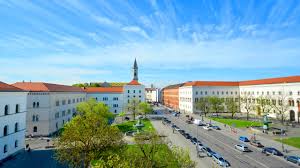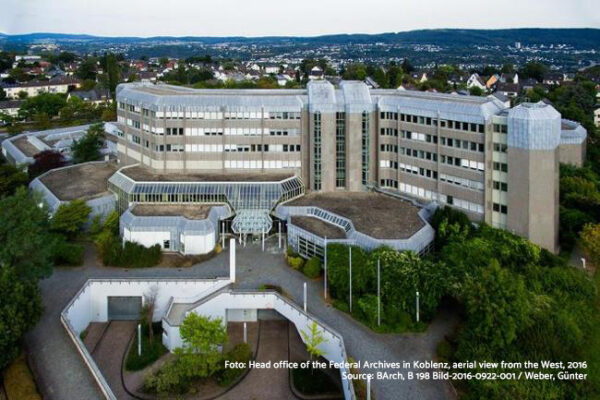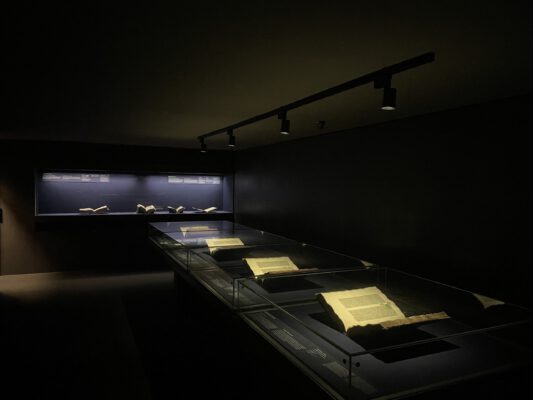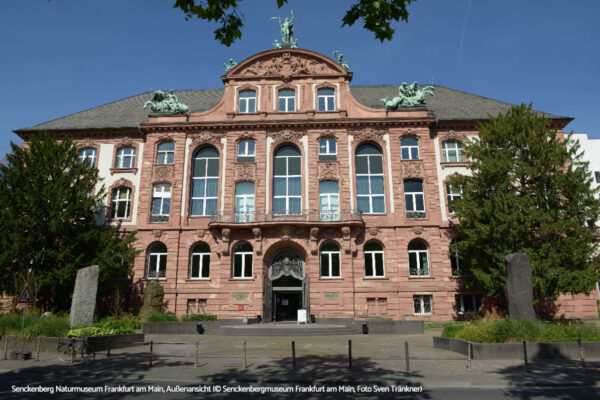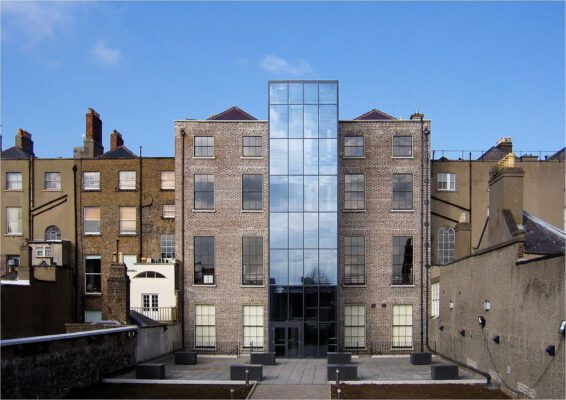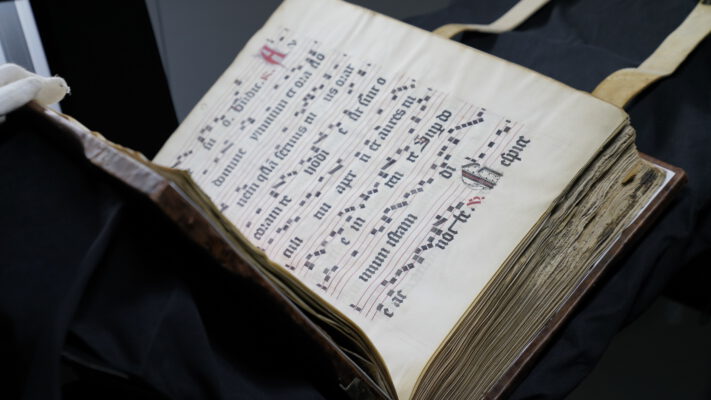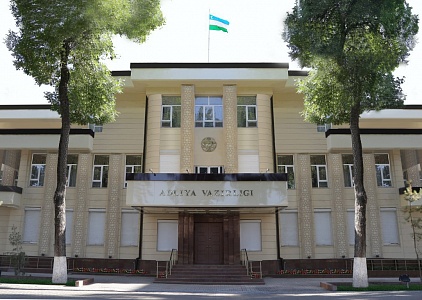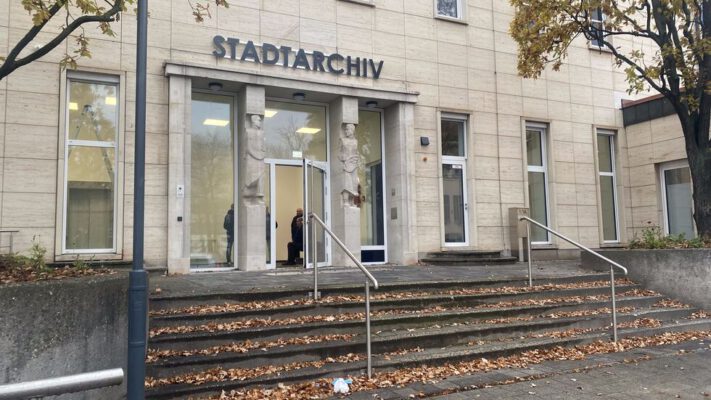Digitizing
Medieval Manuscripts
with Cobra A1
With funding from the German Research Foundation (DFG), a total of 462 medieval manuscripts from public institutions in the cities of Speyer, Worms and Mainz are to be digitized in an extensive project by 2026.
The Middle Rhine episcopal cities of Speyer, Worms and Mainz were among the political, religious and economic centers of the Middle Ages and produced a rich book culture, which today, however, is rather confusing due to the damage of subsequent centuries.
With the comprehensive digitization of the holdings and the public availability of the image data, researchers will have the opportunity to examine the cultural and transmission history of these book treasures in more detail.
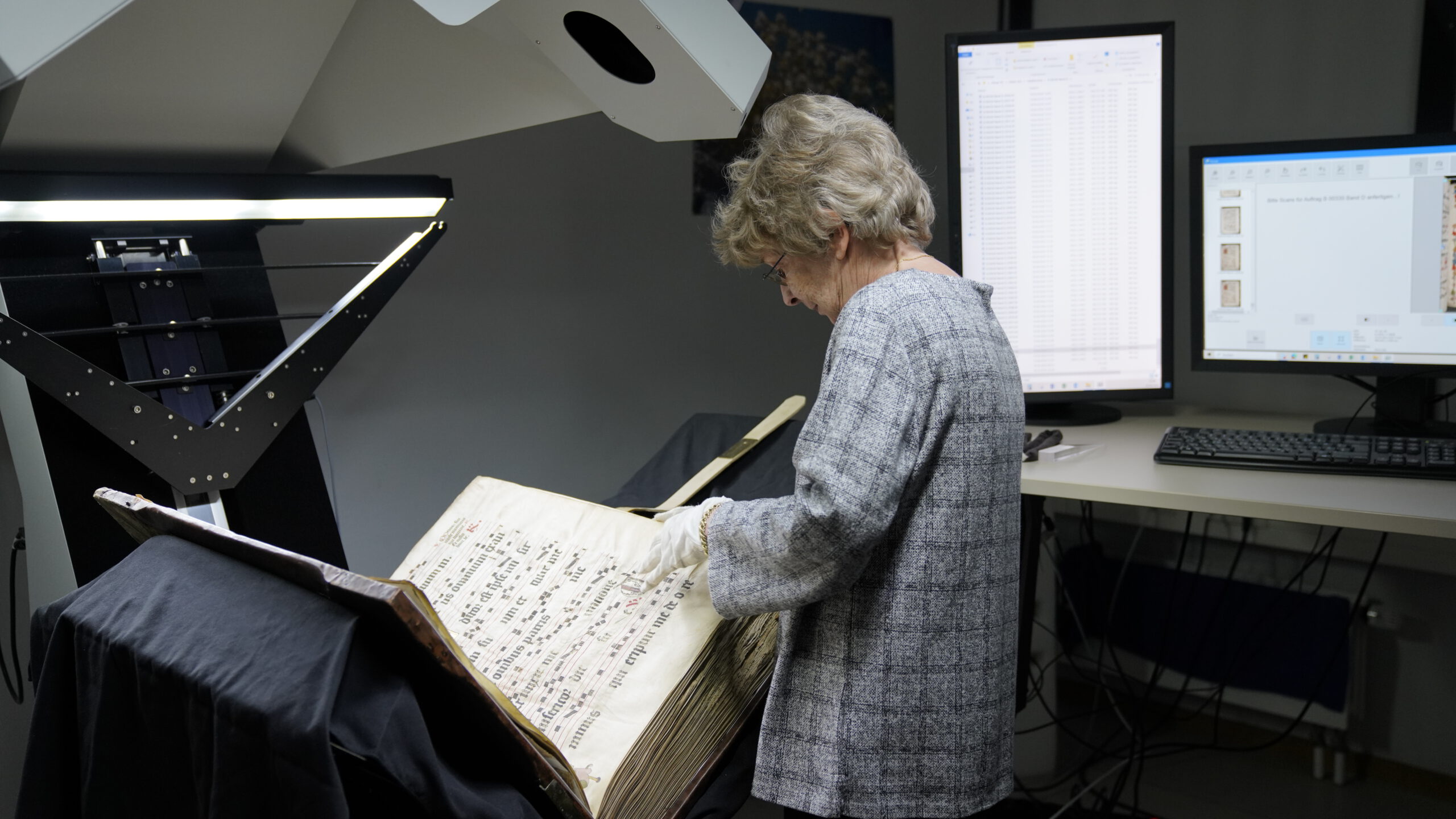
“We are therefore delighted that we can now digitize these treasures and make them accessible to the public.”
Dr. Christian George
Head of the Archives and Collections Department, Mainz University Library
The project in numbers
462
manuscripts
7
centuries
13
institutions
~170.000
digitized pages
Digitization is carried out at the Mainz University Library Digitization Centre under the direction of Dr. Christian George, Head of the Archives and Collections Department.
Participating institutions:
Book2net participation
As part of this project, book2net has already provided the Gutenberg Museum Mainz with its special COBRA A2 scanner for digitizing the Gutenberg Bible.
A book2net COBRA A1 V-scanner is used in the digitization center at Mainz University Library. The reduced aperture angle enables book-friendly digitization according to restoration specifications. The scan results fully comply with the DFG rules of practice.
Outlook
A total of around 170,000 pages are to be digitized over the next three years. The digitized material will be made available to researchers and the public online via the platform Gutenberg Capture of Johannes Gutenberg University Mainz.
See Cobra